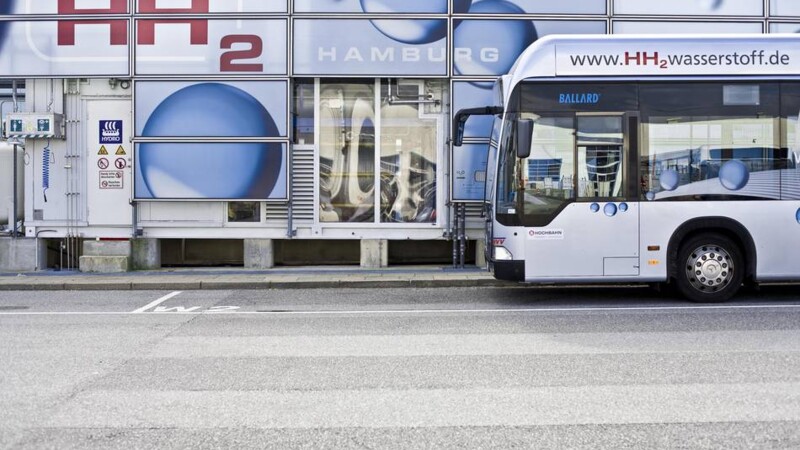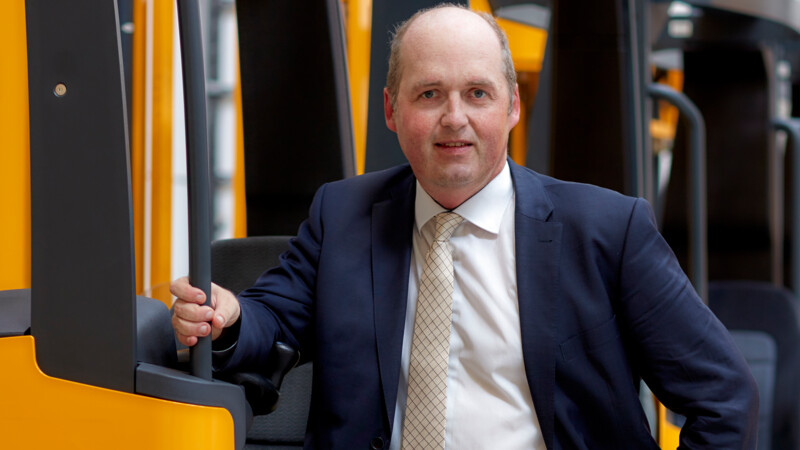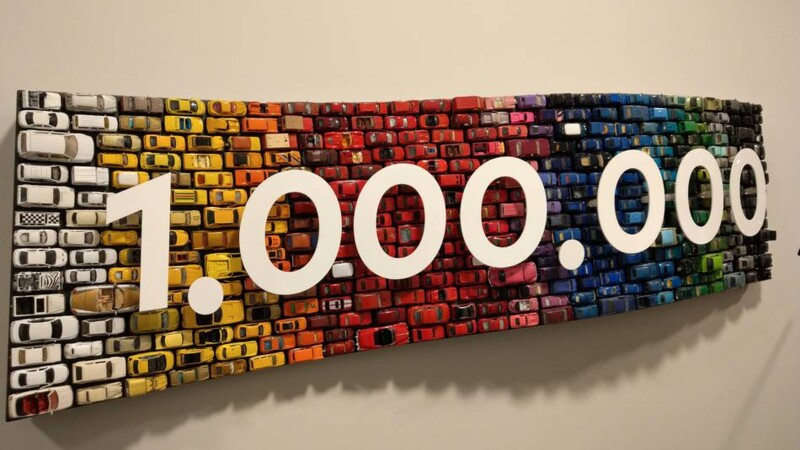Climate protection is a top priority in the 21st century and is as a catalyst of social change. Yet, the car was the engine of great sociological change for a long time. Transforming traffic has many advantages i.e., less congestion, stress, noise, better air quality and improved health for everyone, said Jansen. Those who switch from cars to bicycles improve their health.
“The future is multi-modal, post-fossil and public digital,” according to Theo Jansen, Chair of the German Platform for Mobility Management (e.V.) during a recent conference on “Mobility Management in the Hamburg Metropolitan Region – Potentials and Success Factors” in Hamburg’s Elbcampus. Delegates there discussed framework conditions that can meet the needs of all groups taking part in traffic – from small children to senior citizens – and commercial traffic.
Many advantages to changed traffic
Stuck in traffic jams for 139 hours
“More and more people” in Germany are taking to their bikes or public transport to commute. “On average, Germans commute around 17 kilometres to work and two thirds of all employees travel by car,” said Stefan Haendschke, a representative of the Auto Club Europa e.V. (ACE). Nine out of ten are alone in their car. In 2018, commuters in Hamburg spent an average of 139 hours in traffic jams. Two-thirds of all employees find their commute to work exhausting. “So there are good reasons for switching from cars to buses and trains, walking and cycling, facilitating car pools or simply avoiding traffic,” said Haendschke.
Disrupting mobility routines with attractive offers
However, “going without” is the wrong approach, said Haendschke and called for attractive alternatives to the car to disrupt established, routine transport. “This is possible on a local level e.g., in companies. A whole range of possibilities can be made available there.” Companies can provide job tickets, showers and social rooms for cyclists on their premises. “A monitor in the company foyer showing bus and train departures is an extremely effective approach,” said Haendschke.
600 underground bike parking spaces
The Lübeck-based medical company Dräger interviewed 1,500 of 5,500 employees for a survey on mobility last year. Around 20 per cent of employees live less than five kilometres from the company, but commute by car. Convincing these employees to switch to bicycles is important to Grendel, who is an environmental manager at Dräger, and lives 15 kilometres away and cycles to work. “So I have a very relaxed start to my day.” Dräger provides showers, changing rooms as well as a pumping station and repair kits. “We also have attractive offers such as 600 parking spaces especially for bicycles in our underground car park,” Grendel noted.
Free charging infrastructure for e-cars
Dräger employees use company-owned e-bikes to commute between two branches in Lübeck. “That is very well used,” said Grendel. E-mobility is a big topic at Dräger. “We are a good Tesla customer and have established a generous, free charging infrastructure.” The company also operates a fleet of 1,400 cars. To encourage employees to drive less frequently, the company offers them a personalized overview of their driving habits. “The information is anonymous for everyone except the driver and the evaluation leads to environment-friendly driving,” Grendel stressed. “The savings are donated to environmental projects and do not benefit the company,” he added. Ultimately, everyone benefits from increased awareness.
ys/pb
Sources and further information
More
Similar articles

Drones, smart mobility added to agenda of ITS World Congress

Jungheinrich treading new paths in e-mobility

Hamburg and Continental agree mobility partnership
